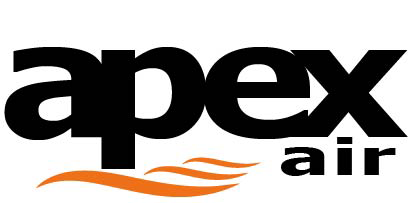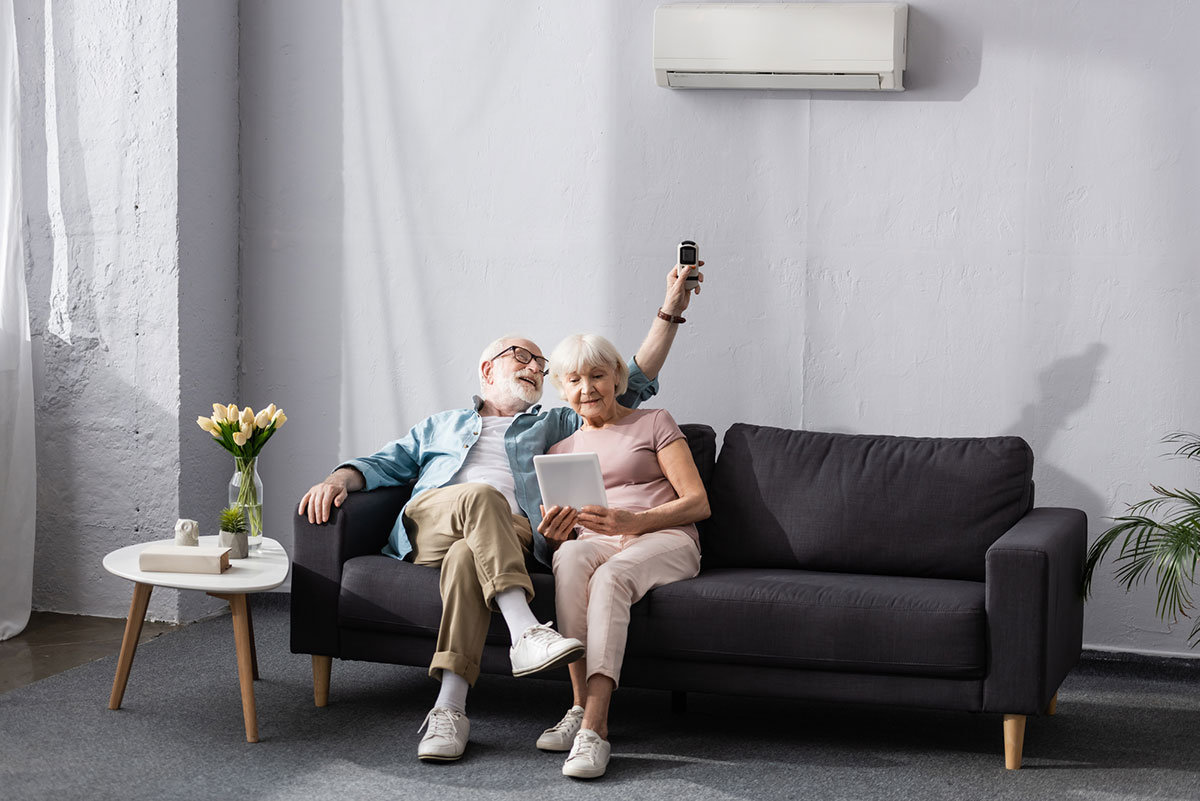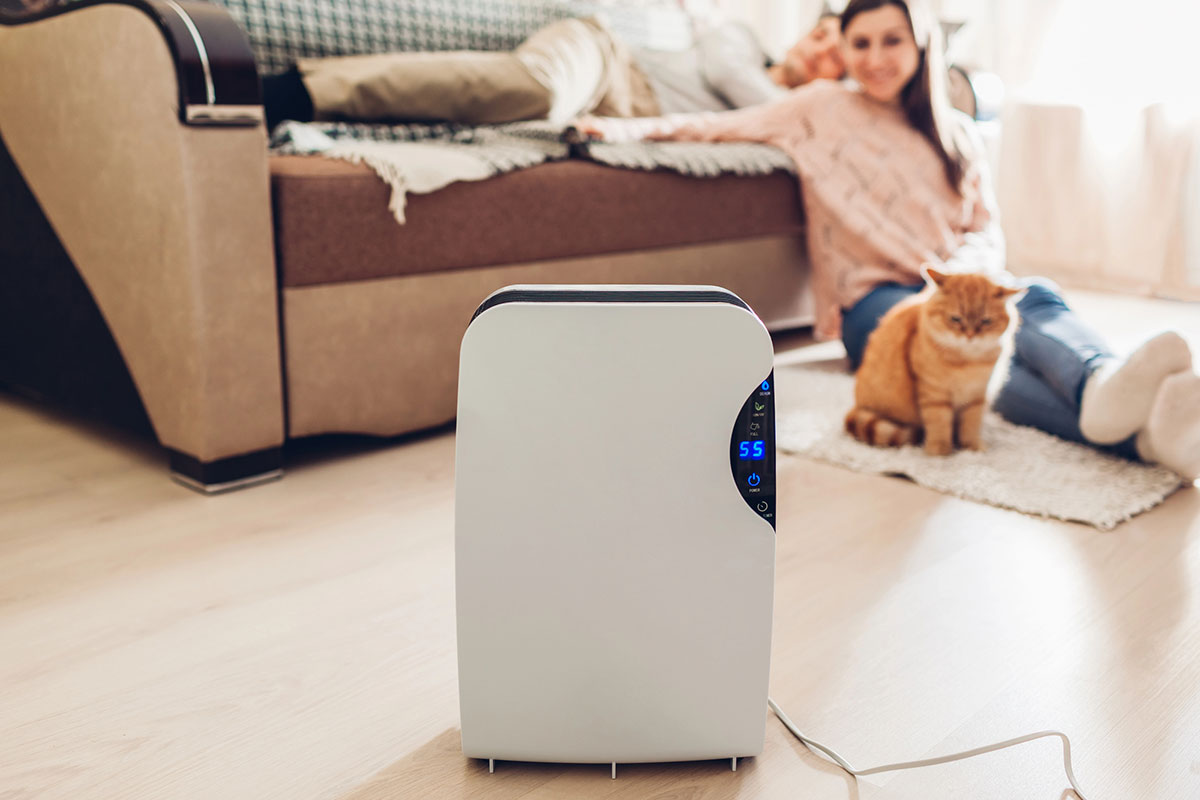When it’s time to upgrade your air conditioner or heat pump, one of the most important numbers to understand is the SEER2 rating. This energy efficiency metric is essential for determining not only how well your system will cool your home, but also how much it will cost you to run.
At Apex Air, we know choosing the right SEER2 rating can make a big difference in Washington homeowners’ monthly utility bills, home comfort and even rebate eligibility. Here’s everything you need to know:
What Does SEER2 Rating Actually Mean?
SEER2 stands for Seasonal Energy Efficiency Ratio 2, and it measures how efficiently an air conditioner or heat pump removes heat from your home during a typical cooling season. The higher the SEER2 rating, the less energy the unit uses to keep your home comfortable.
As of January 2023, SEER2 replaced the original SEER rating system and uses more in-depth testing methods to better reflect real-world performance. It’s similar to how your car might be tested in both city and highway conditions to determine fuel efficiency.
So, What Is a Good SEER2 Rating?
The answer depends on your climate, budget, and how often you use your HVAC system. For Washington State, where summers are generally mild but can occasionally spike, a SEER2 rating of 16–18 is considered a solid middle ground. This range balances cost, efficiency and comfort for most homes in the region.
If you’re aiming for maximum efficiency, units with SEER2 ratings above 20 offer exceptional energy savings, especially when paired with features like variable-speed compressors and smart thermostats.
Here’s a quick breakdown:
- 14 SEER2: Meets minimum federal standards; budget-friendly, but less efficient.
- 16–18 SEER2: Ideal for Washington’s climate; great balance of cost and performance.
- 20+ SEER2: High-efficiency systems with advanced features and the best long-term energy savings.
SEER2 vs. EER2: What’s the Difference?
While SEER2 measures average performance over a season, EER2 (Energy Efficiency Ratio 2) focuses on how well a system performs at peak temperatures — like a 95 F summer day. For Washington homeowners, SEER2 is usually more relevant, but if you frequently experience extreme summer heat, EER2 may also be worth considering.
Benefits of a High SEER2 Rating
- Lower Energy Bills
More efficient systems use less electricity to cool your home, leading to monthly savings that add up over time. - Improved Indoor Comfort
Units with higher SEER2 ratings often include variable-speed motors and advanced humidity control for more consistent temperatures. - Environmental Impact
Using less energy means reducing your carbon footprint and contributing to a more sustainable future. - Eligibility for Rebates
To qualify for certain federal tax credits or Washington energy rebates, your system must meet minimum SEER2 thresholds. For example, heat pumps must be at least 16 SEER2, and air conditioners must be 17 SEER2 or higher.
Is a Higher SEER2 Rating Worth the Cost?
The answer depends on your long-term goals. Higher-efficiency systems cost more upfront but often pay for themselves through energy savings over 10 to 15 years. If you plan to stay in your home for a while — or want to boost resale value — investing in a high SEER2 unit is often worth it.
However, if you have a tight budget or rarely use your cooling system, a lower-SEER2 model may be more cost-effective.
Let Apex Air Help You Choose the Right System
At Apex Air, we specialize in helping homeowners across Vancouver and nearby Washington communities find HVAC systems that balance comfort, efficiency and cost.
Need expert guidance or a quote on a new high-efficiency HVAC system?
Contact us today to explore your options and find a cooling solution that fits your home and your budget.


